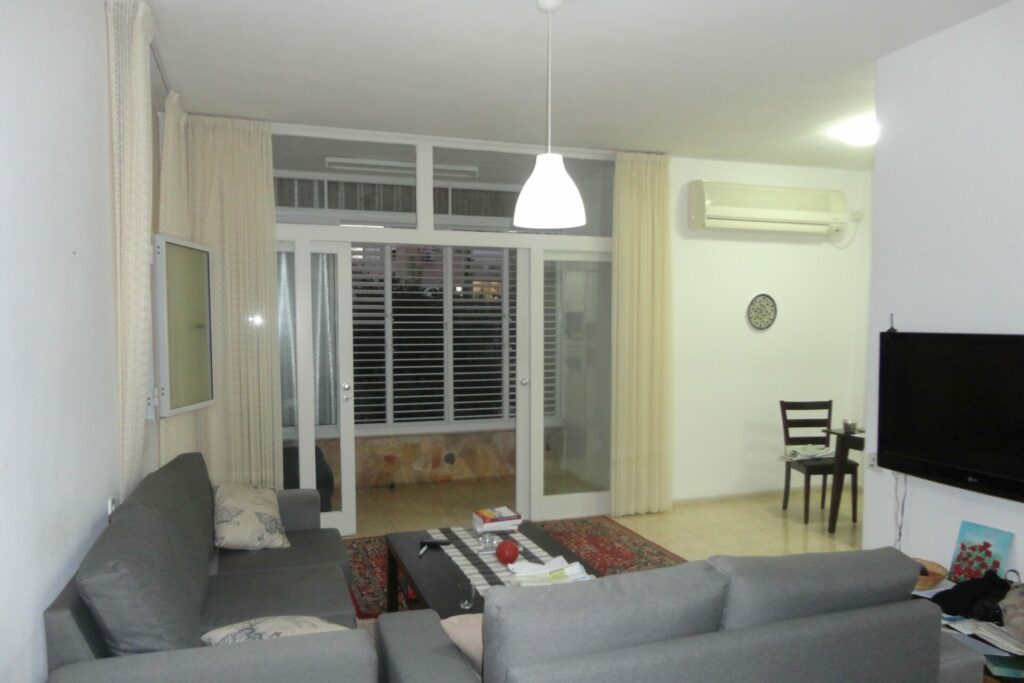The European Commission adopted on Monday a proposal for a regulation aiming at increasing transparency in short-term accommodation rental services and help member states to ensure that on-line-platforms only list legal apartments.
While short-term accommodation bookings offer benefits to hosts and tourists, they can also raise concerns among some local communities and affect the real estate market negatively. The new provisions will improve the collection and sharing of data from hosts and digital platforms, allowing informed development of effective and proportionate local policies to address the challenges.
As already reported by The Brussels Times, the Brussels Government recently passed the first reading of a proposed law to loosen tourist accommodation requirements. According to Brussels' Minister-President Rudi Vervoort, the Regional Government wants to streamline the process so that residents may utilise their houses to welcome visitors on platforms such as Airbnb.
According to the Commission, the proposal should be seen in the context of the rapid growth of short-term rentals in the EU, encouraged by the platform economy. Short-term rentals account for around a quarter of all tourist accommodation in the EU and their number is increasing significantly across the EU.
This trend was confirmed during the COVID-19 crisis: the number of short-term rental reservations in the summers of 2020 and 2021 was higher than the corresponding level of 2018. What is more, the number of reservations during the first half of 2022 increased by 138% compared to the same period in 2021.
“The short-term rental sector has been boosted by the platform economy, but it has not developed with enough transparency,” said Margrethe Vestager, Executive Vice-President for a Europe Fit for the Digital Age. “Thanks to this proposal, hosts and platforms, large or small, will be able to more easily contribute to increasing transparency in this sector.”
The proposal does not define the length of short-term accommodation. “Short-term accommodation rental service’ means the short-term letting of a unit, against remuneration, whether on a professional or non-professional basis, as further defined by national law.”
One of the main challenges according to the Commission is the lack of reliable information about short-term accommodation rental services, such as the identity of the host, the location where those services are being offered, and their duration, making it difficult for authorities to assess the impact of short-term accommodation rental services and develop and enforce appropriate and proportionate policy.
The proposed framework will harmonize registration requirements for guests and their short-term rentals, where such requirements are imposed by national authorities. Once registered, hosts should receive a unique registration number.
Major digital platforms will have to share the relevant information with public authorities on a monthly basis. This information will include data on the number of stays and guests; the registration number; and the web address (URL) of the listings for short-term rentals located in the territory of the requesting public authority.
In practice, this means that authorities from a city will only be able to request data about their city but will not get access to the data of hosts in another city, or to the data of hosts in the surrounding regions.
As a rule, platforms will have to share data on a monthly basis automatically. However, micro and small platforms that do not reach a monthly average of 2,500 hosts will have the possibility to benefit from a lighter regime. They will need to share data less frequently (quarterly) and will not be obliged to use automated means to supply the data.
The Commission assures that the proposal will not affect the ability of public authorities to regulate short-term accommodation rentals. They will just need to adapt their registration system. The proposal fully respects the principle of subsidiarity and the competences of public authorities.
According to the proposal, national and local authorities retain the power to design rules and policies on short-term rentals, to deal, for instance, with health and safety issues, urban planning, security and taxation issues.
The Commission proposal will be examined for adoption by the European Parliament and the Council. After its adoption and entry into force, Member States will have two years to put in place the necessary mechanisms for data exchange.
The Brussels Times

